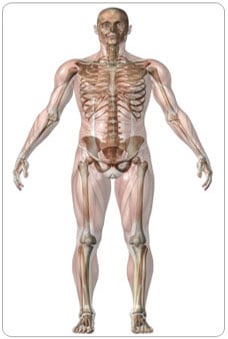Symptoms and Diagnosis
Common symptoms of Hypermobility syndrome include:
- Extreme flexibility of the joints
- A dull but intense pain in regions of the knee and ankle joints
- Pain in the soles of the feet. This can be managed by footwear specially designed with insoles.
- Pain in the back, knees, fingers, elbows and hips.
- Clicking noise in the joints
- Frequent sprain, dislocations, bursitis, tendonitis
- Early onset of osteoarthritis
- Frequent prolapsed disc
- Hypermobilty is also observed in some pregnant women. The related pain in the pelvic girdle, in these women can be excruciating.
- Scoliosis or curved spine can occur
Hypermobility may be a symptom of other conditions such as:
- Ehler –Danlos syndrome
- Rheumatoid arthritis
- Lupus
- Osteogenesis imperfeta
- Marfan syndrome
- Down syndrome
- Polio
- Myotonia congenital
- Fibromyalgia
- Chronic fatigue syndrome
- Nerve compression disorders like carpel tunnel syndrome
- Panic disorder
Diagnosis
Joint
The Modified Beighton score is used to assess and the 1998 Brighton criteria is used to diagnose Benign Joint Hypermobility Syndrome.








